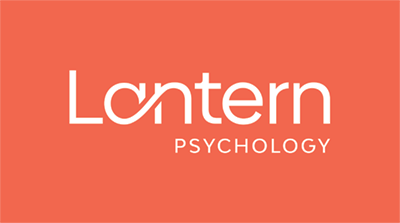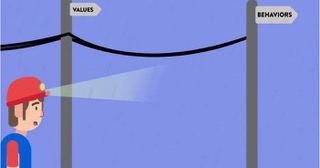Most therapists have a theoretical orientation that shapes the way they approach therapy. The approach they chose is usually influenced by their training (what they have learned), the evidence-base for their therapy (what has been found to work) and their own experience.
The approach favoured by Alison is Acceptance and Commitment Therapy (ACT) because it is based on scientific principles, has a strong evidence base and Alison has found the approach to help when applied in her own life.
ACT is based on functional contextualism (doing what works within a specific context) and the application of mindfulness to daily life and behaviour guided by values.
Acceptance and Commitment Therapy (ACT) is a psychological intervention that uses acceptance and mindfulness strategies, together with commitment and behaviour change strategies, to increase psychological flexibility. Psychological flexibility means being consciously in contact with the present moment and responding to the presenting situation in line with one’s chosen values.
More simply, ACT is an intervention that helps people be more mindful and accepting, be less influenced by unhelpful thoughts, and act in line with their personal values.
ACT works through a number of processes or skills that are developed in therapy and through practice. The key ways in which ACT has been shown to help to reduce psychological suffering are by improving:
- present moment awareness
- acceptance (or willingness to experience emotions)
- defusion (or letting go of unhelpful thoughts)
- self-as-context (or contact with the observer self)
- contact with one’s own values
- committed or values-based action
ACT therapists help clients to develop these skills in order to improve psychological flexibility or respond to difficult situations more skillfully. What is essential to the ACT approach is “workability” of doing what works.
Although the stated intention of ACT is not to “get rid of” symptoms, like anxiety and depression, the use of these skills in daily life tends to result in a reduction in symptoms.

